BREAK THE FRAME
In 2017, a report by the Equal Employment Opportunity Commission found that “every major Hollywood studio systematically discriminated against hiring female directors,” even though “the graduating classes of America’s top film schools are 50/50 male/female.” Moreover, Smokler was surprised to discover that “articulate, well-heeled, filmgoing friends” were uninformed about women’s contributions to cinema, such as not knowing that Greta Gerwig was an accomplished director well before Barbie. In this entertaining corrective, Smokler, a writer and documentary filmmaker, interviewed 25 writers, producers, and directors—all of them Americans who “have at least one film or television series a reasonably avid movie watcher would have heard of or seen”—and asked them “to focus on the stories of their triumphs that we can all learn from and share.” Among the participants are Barbara Kopple, “the Mother Courage of American documentary filmmaking”; Julie Dash, “the first black woman to direct a feature film in general release in America”; and Chris Hegedus, whose enormous contributions to documentaries would “raise the level of innovation in nonfiction cinema that had already seemed to be at its apex.” As is often the case with books like this one, some interviews are more insightful than others. For the most part, the exceptional talent interviewed here provide valuable perspectives on the art of filmmaking. There are many amusing anecdotes, as when Jessica Yu, director of the short subject Breathing Lessons, a documentary about a polio-stricken man who lived his life in an iron lung, says the biggest change in her life after she won her Oscar was that “I gained a bit of professional identity from doing that and your family stops asking ‘what is it exactly that you do?’”


In 2017, a report by the Equal Employment Opportunity Commission found that “every major Hollywood studio systematically discriminated against hiring female directors,” even though “the graduating classes of America’s top film schools are 50/50 male/female.” Moreover, Smokler was surprised to discover that “articulate, well-heeled, filmgoing friends” were uninformed about women’s contributions to cinema, such as not knowing that Greta Gerwig was an accomplished director well before Barbie. In this entertaining corrective, Smokler, a writer and documentary filmmaker, interviewed 25 writers, producers, and directors—all of them Americans who “have at least one film or television series a reasonably avid movie watcher would have heard of or seen”—and asked them “to focus on the stories of their triumphs that we can all learn from and share.” Among the participants are Barbara Kopple, “the Mother Courage of American documentary filmmaking”; Julie Dash, “the first black woman to direct a feature film in general release in America”; and Chris Hegedus, whose enormous contributions to documentaries would “raise the level of innovation in nonfiction cinema that had already seemed to be at its apex.” As is often the case with books like this one, some interviews are more insightful than others. For the most part, the exceptional talent interviewed here provide valuable perspectives on the art of filmmaking. There are many amusing anecdotes, as when Jessica Yu, director of the short subject Breathing Lessons, a documentary about a polio-stricken man who lived his life in an iron lung, says the biggest change in her life after she won her Oscar was that “I gained a bit of professional identity from doing that and your family stops asking ‘what is it exactly that you do?’”


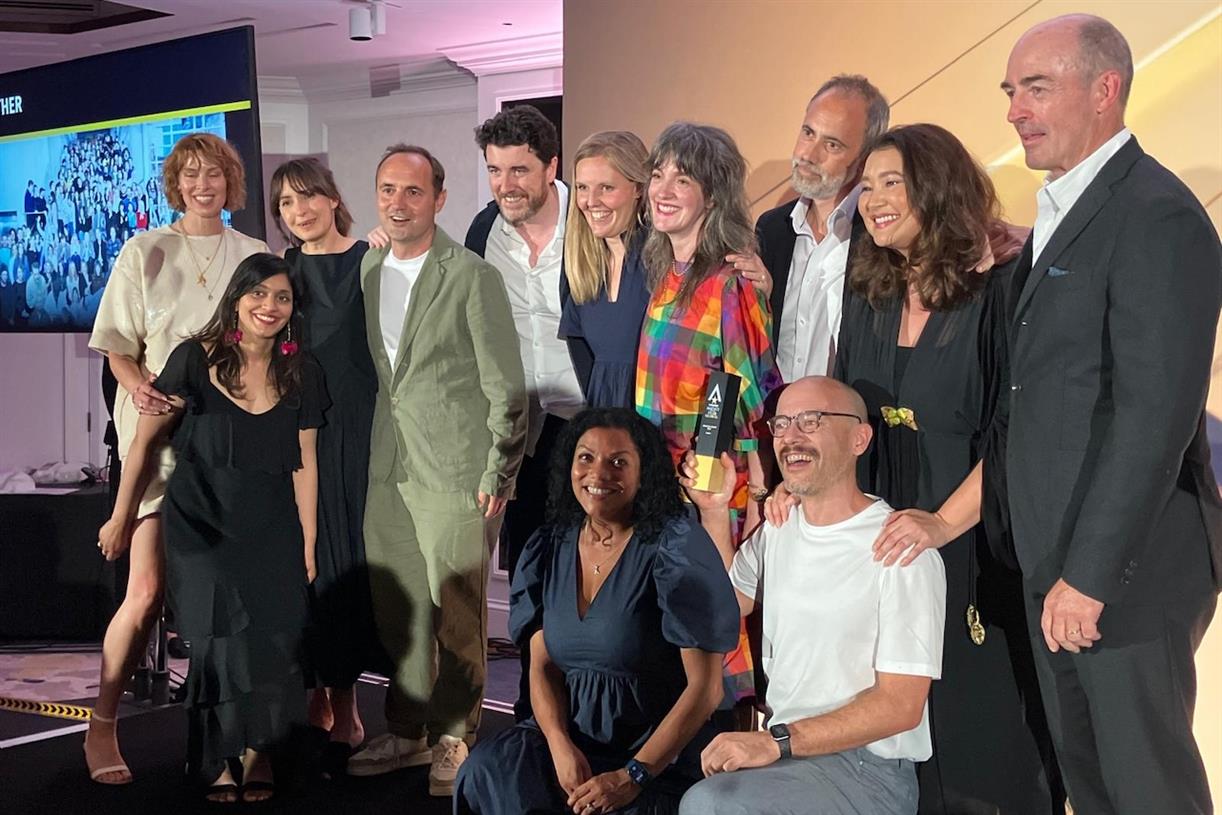











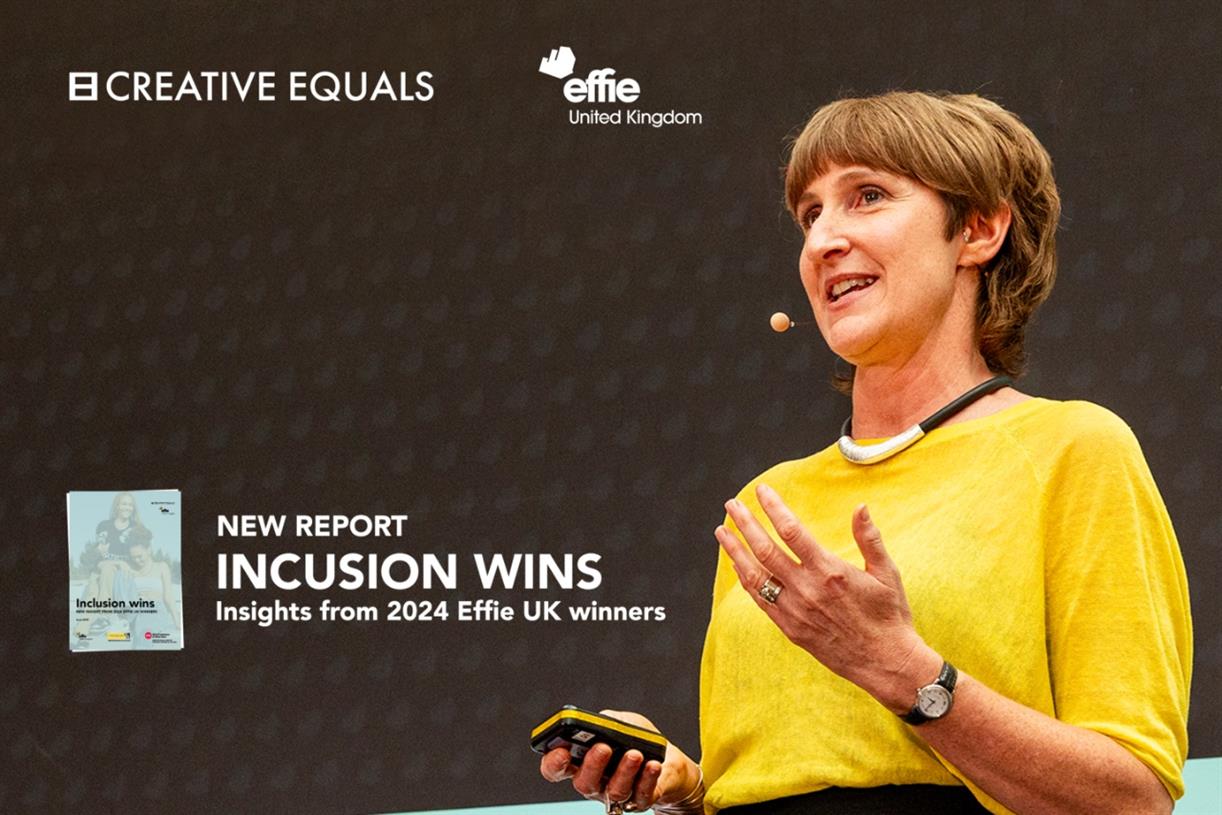










![Brand and SEO Sitting on a Tree: K-I-S-S-I-N-G [Mozcon 2025 Speaker Series]](https://moz.com/images/blog/banners/Mozcon2025_SpeakerBlogHeader_1180x400_LidiaInfante_London.png?auto=compress,format&fit=crop&dm=1749465874&s=56275e60eb1f4363767c42d318c4ef4a#)

![How To Launch, Grow, and Scale a Community That Supports Your Brand [MozCon 2025 Speaker Series]](https://moz.com/images/blog/banners/Mozcon2025_SpeakerBlogHeader_1180x400_Areej-abuali_London.png?auto=compress,format&fit=crop&dm=1747732165&s=beb7825c980a8c74f9a756ec91c8d68b#)
![Clicks Don’t Pay the Bills: Use This Audit Framework To Prove Content Revenue [Mozcon 2025 Speaker Series]](https://moz.com/images/blog/banners/Mozcon2025_SpeakerBlogHeader_1180x400_Hellen_London.png?auto=compress,format&fit=crop&dm=1747758249&s=9f3c5b1b7421f862beace1cb513053bb#)























![The 11 Best Landing Page Builder Software Tools [2025]](https://www.growthmarketingpro.com/wp-content/uploads/2024/04/best-landing-page-software-hero-image-1024x618.png?#)
















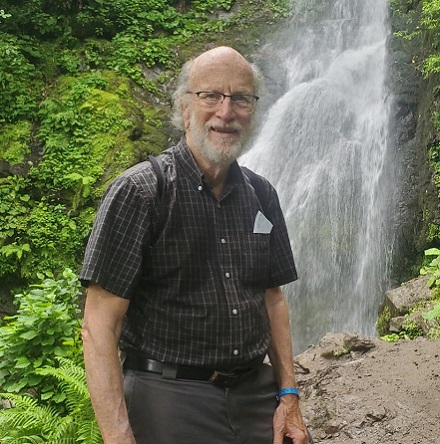


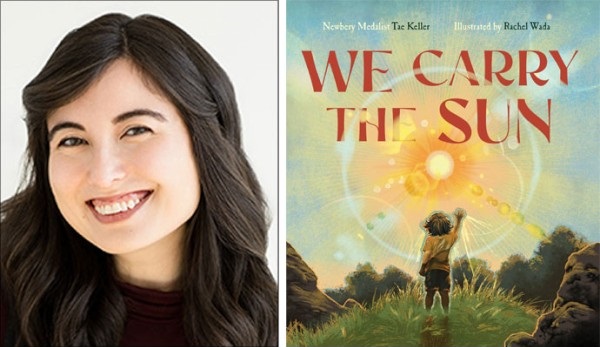
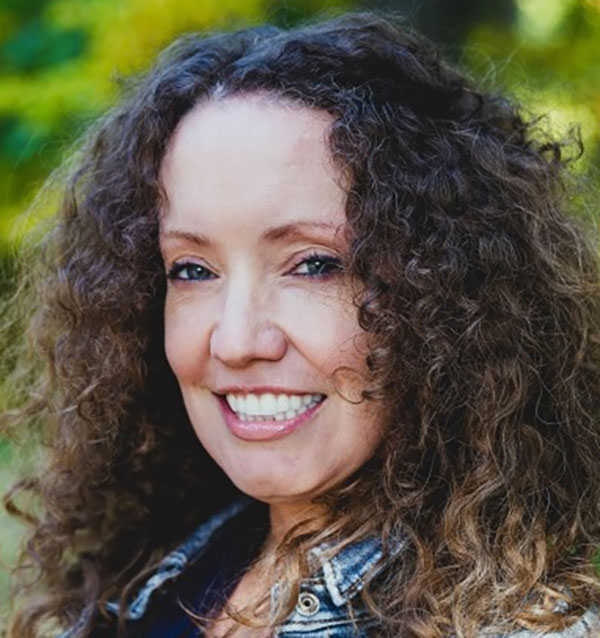










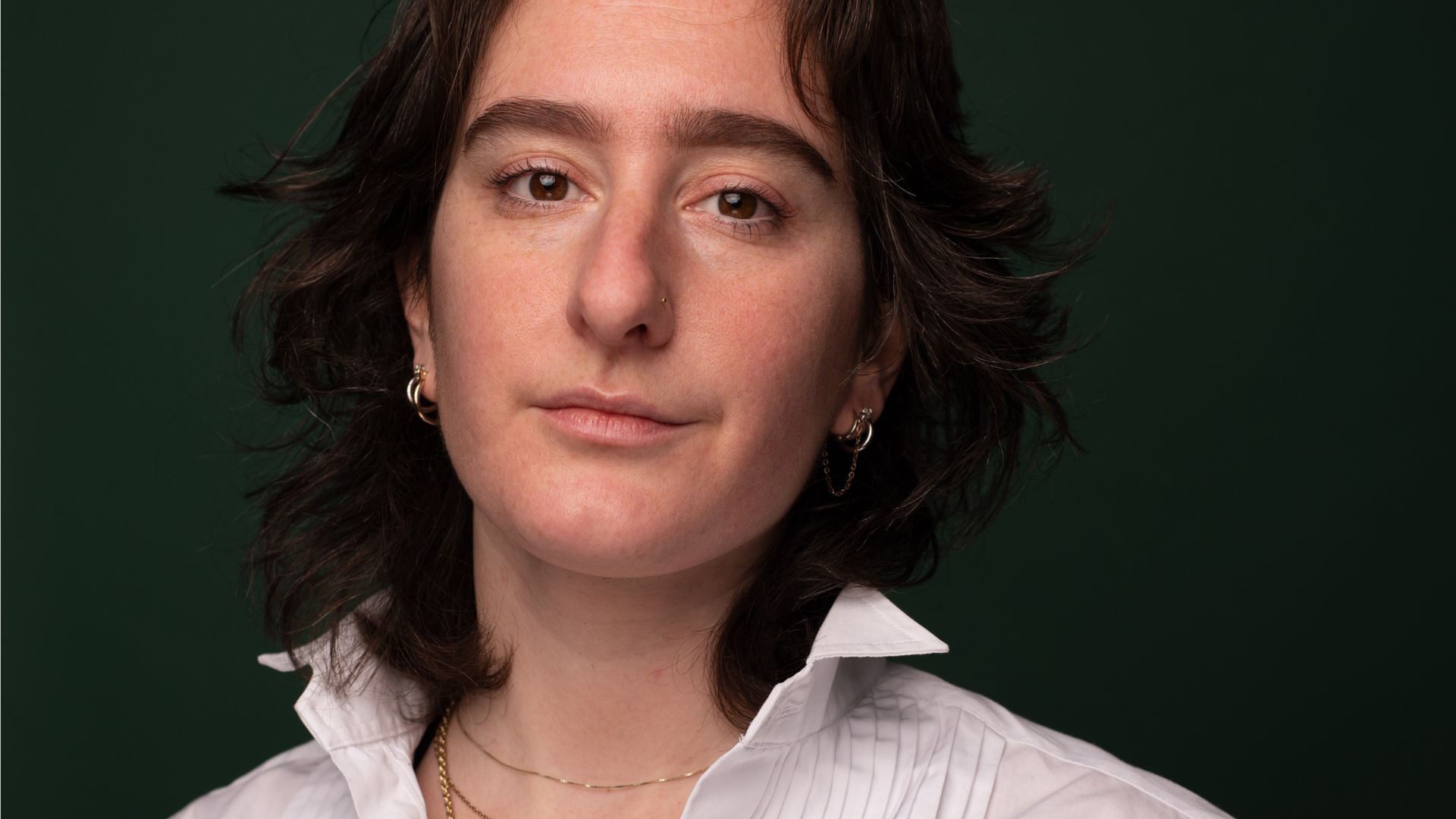


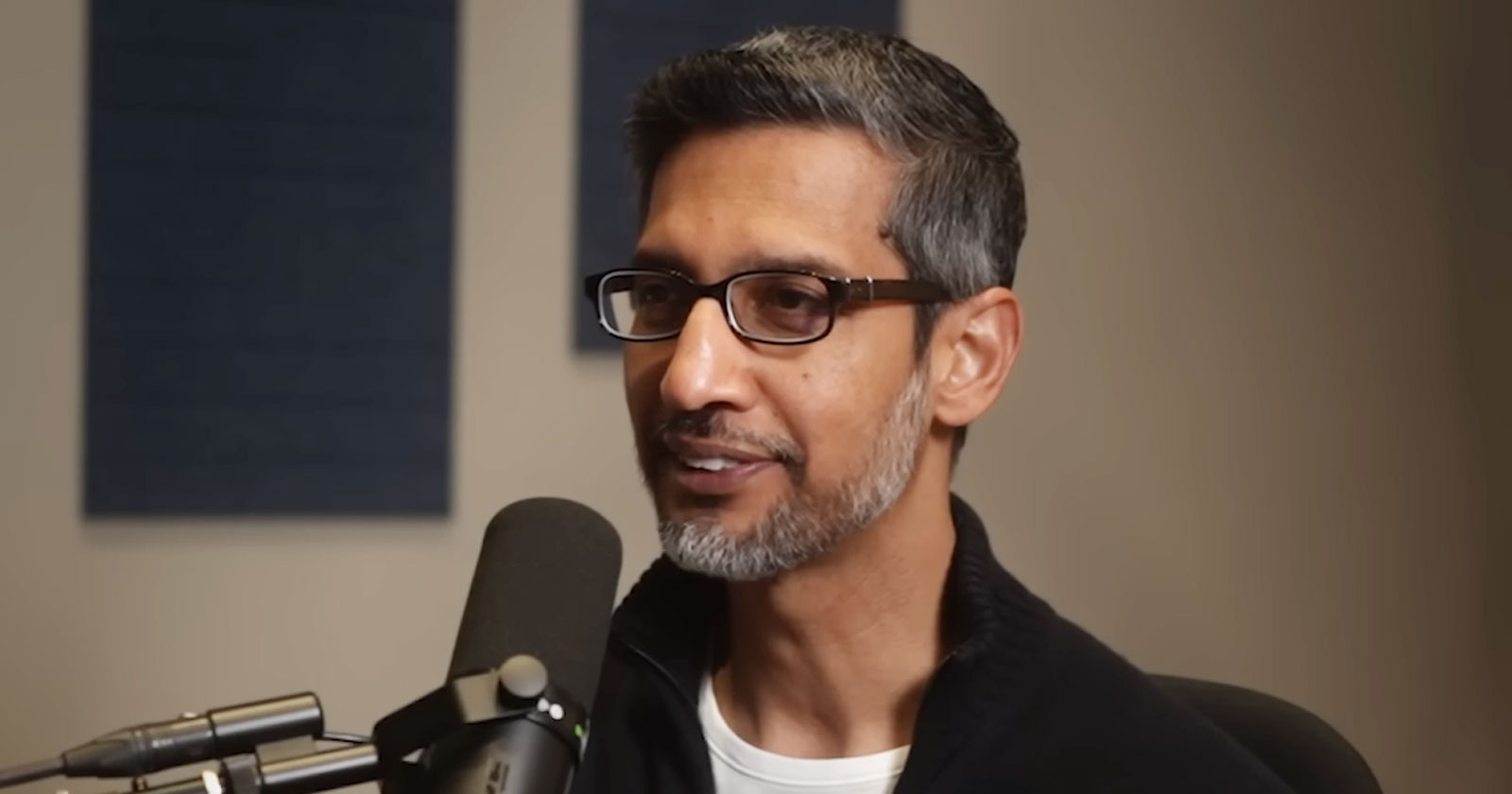

![How To Build AI Tools To Automate Your SEO Workflows [MozCon 2025 Speaker Series]](https://moz.com/images/blog/banners/Mozcon2025_SpeakerBlogHeader_1180x400_Andrew_London-1.png?auto=compress,format&fit=crop&dm=1749642474&s=7897686f91f4e22a1f5191ea07414026#)




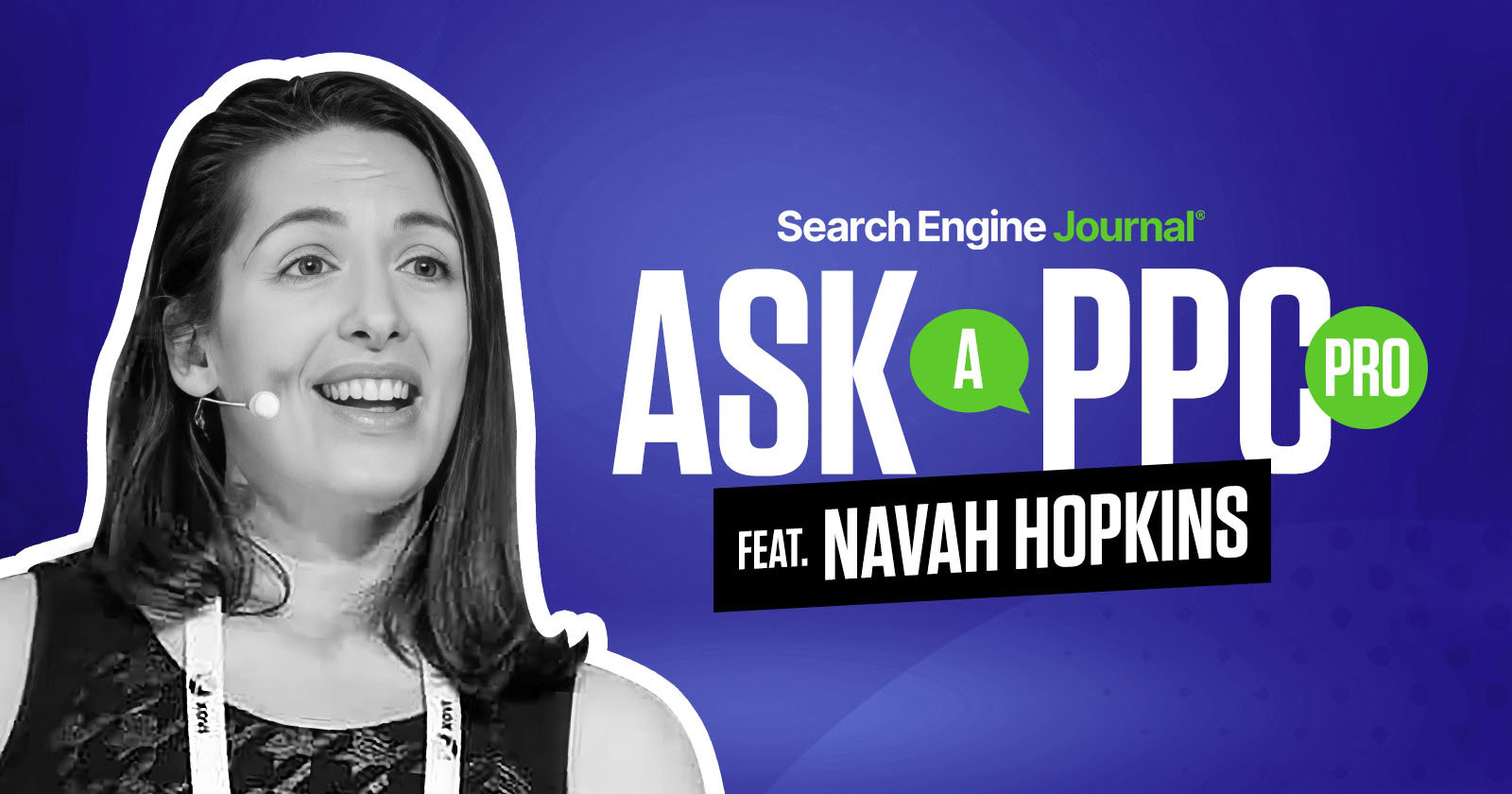
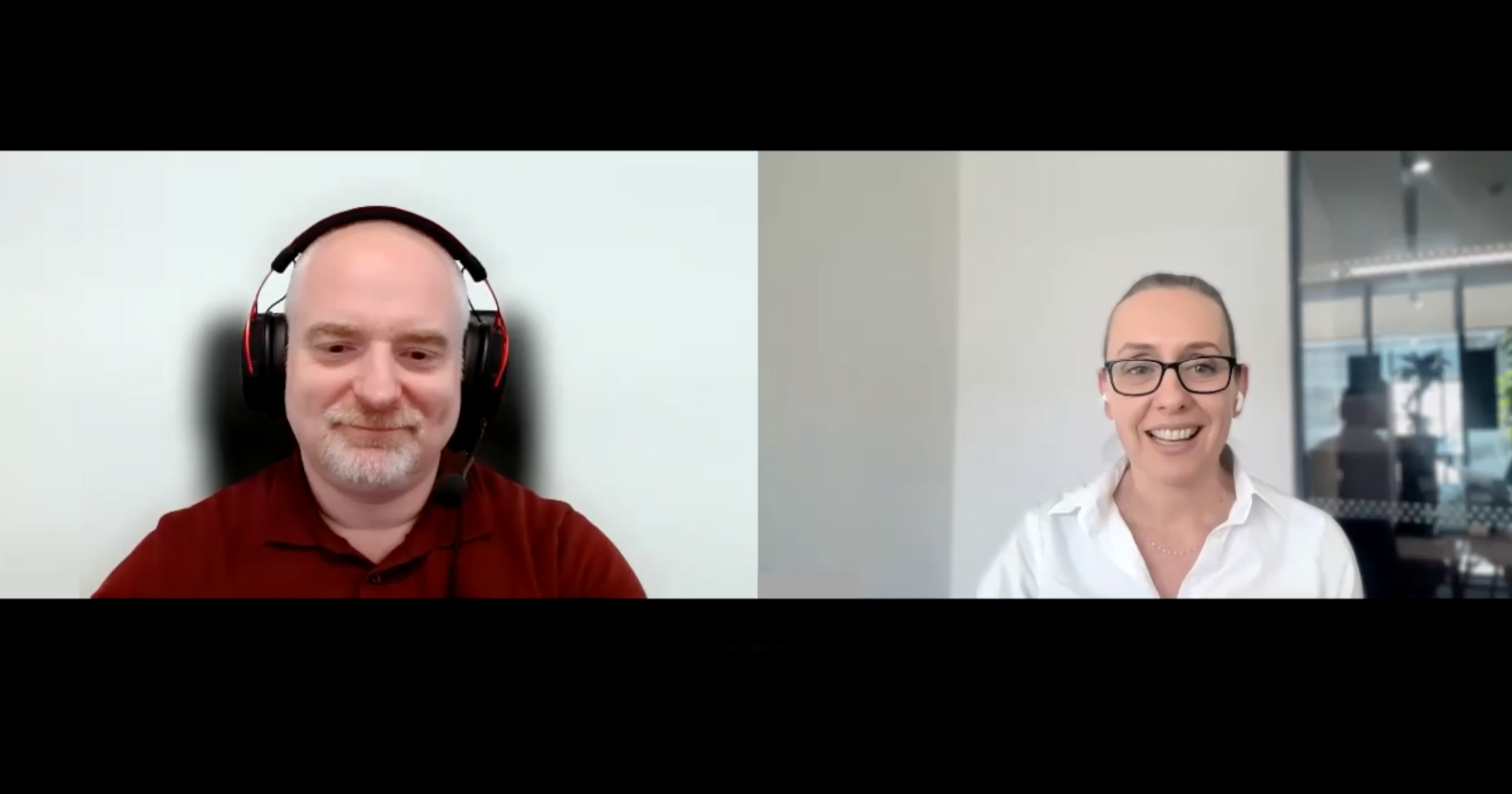







![Marketers Using AI Publish 42% More Content [+ New Research Report]](https://ahrefs.com/blog/wp-content/uploads/2025/06/marketers-using-ai-publish-42-more-by-ryan-law-data-studies-1.jpg)



![X Highlights Back-to-School Marketing Opportunities [Infographic]](https://imgproxy.divecdn.com/dM1TxaOzbLu_kb9YjLpd7P_E_B_FkFsuKp2uSGPS5i8/g:ce/rs:fit:770:435/Z3M6Ly9kaXZlc2l0ZS1zdG9yYWdlL2RpdmVpbWFnZS94X2JhY2tfdG9fc2Nob29sMi5wbmc=.webp)









![Social media image sizes for all networks [June 2025]](https://blog.hootsuite.com/wp-content/uploads/2023/01/Social-Media-Image-Sizes-2023.png)


![The HubSpot Blog’s AI Trends for Marketers Report [key findings from 1,000+ marketing pros]](https://www.hubspot.com/hubfs/state-of-AI-1-20240626-53394.webp)
![AI can boost conversions from your web page — HubSpot’s CMO shows you how [tutorial]](https://knowledge.hubspot.com/hubfs/ai-1-20250605-395473.webp)
![The state of inclusive marketing in 2025 [new data + expert insight]](https://www.hubspot.com/hubfs/inclusive-marketing-report.webp)



















